Homemade Weedkiller – Flower Patch Farmhouse

Feel Free To Share!
Why Homemade Vinegar Weed Killer Isn’t the Eco-Friendly Solution It Said To Be
Many new and seasoned farmers have been misled by this false information and are spreading it! Homemade weed killer, especially one made with vinegar, has become a popular DIY option for gardeners, and why not? They are called simple, effective, and “natural”.
Nothing could be further from the truth! Although they appear to be non-toxic they have unintended effects on the environment and your garden.
We need to talk about why vinegar-based weed killers may not be the effective solution they appear to be. This includes homemade herbicides with any type of soap added to the mix.
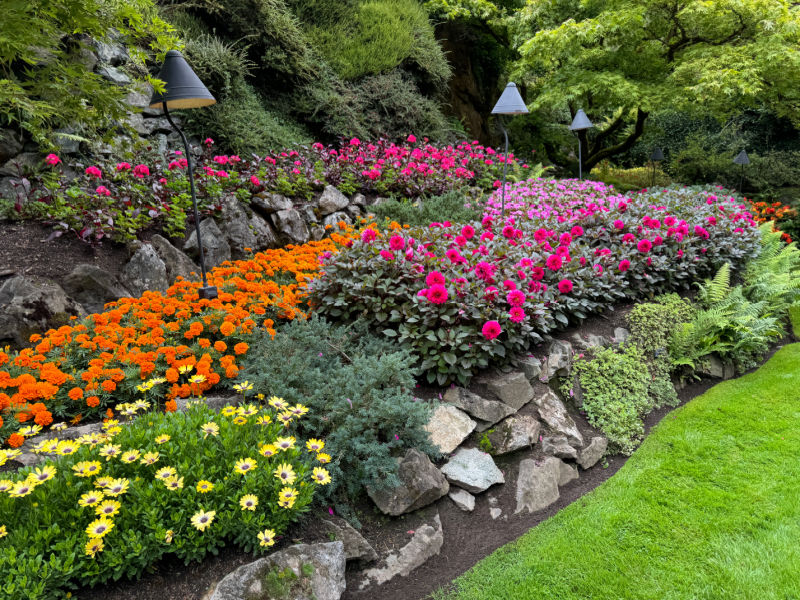
Be careful…
Nature Is Not Always Good for You and the Environment!
This post contains affiliate links. If you make a purchase after clicking the link I may make a small commission at no charge to you.
This article doesn’t tell you what to do, I get a lot of negative feedback from people who really believe in these garden myths and want to continue using them. I have no problem with that, everyone has a choice but do it from an educated perspective and not from a place of ignorance. This post is to inform those who want to know the real damage these so-called “natural or non-toxic” solutions can do.
1. Homemade Vinegar Weed Killers That Work As Well As You’d Hope
Vinegar, especially household varieties with 5% acetic acid, only burns the surface of the weeds. While this may seem successful at first, the truth is that many weeds, especially perennials, have deep, strong roots.
After the visible leaves and stems are burned, the roots remain strong and will grow quickly. With tough weeds like dandelions, bindweed, or even crabgrass, vinegar doesn’t eliminate the problem—it just slows it down.
Why It Doesn’t Work:
- Vinegar kills the leaves but does not affect the root system, allowing weeds to re-grow.
- Persistent weeds require repeated applications, which can waste time, resources, and may not completely eliminate weeds.
Because people have been led to believe that this is non-toxic they are often very comfortable with its use. So if they use it and it doesn’t work the first time they reapply, reapply and do it again next year. Read on to see why that’s a problem.
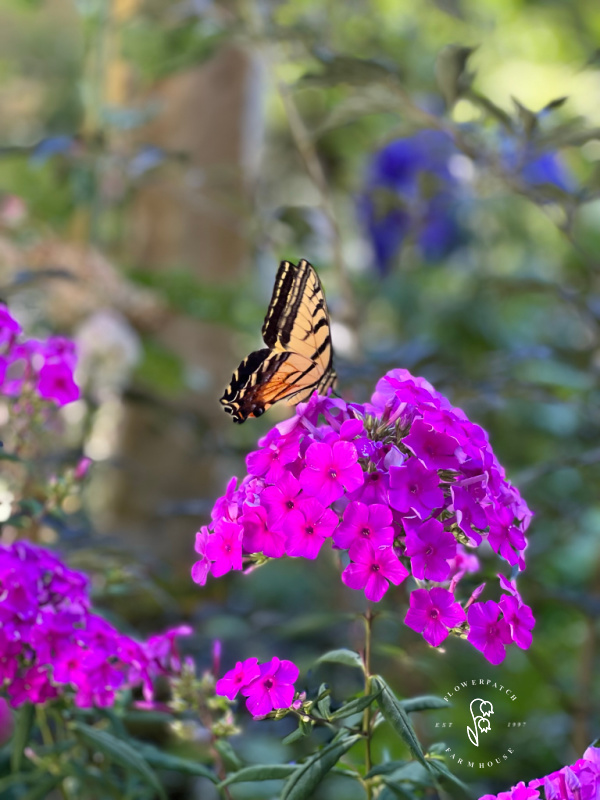

2. The Environmental Impact of Homemade Vinegar Herbicides
Although vinegar may seem harmless, pouring it on the soil has a negative effect. High acidity can disrupt the pH balance of the soil, which can be especially dangerous in areas where you hope to grow other crops.
Healthy soil is home to a thriving ecosystem, from beneficial bacteria to insects—all of which struggle in the more acidic conditions caused by regular vinegar applications.
So instead of killing weeds you are damaging the good things in your soil.
Related: Revitalize Your Soil for the Best Garden
Soil Health Effects:
- Frequent use of vinegar can degrade the quality of the soil, making it inhospitable to future crops.
- Beneficial organisms that contribute to nutrient uptake and soil structure may be injured or killed.
3. Vinegar Weed Killer Harms Beneficial Insects
Besides the effect on the soil, vinegar solutions can affect local insects. Vinegar sprayed on plants can also affect beneficial insects, such as bees, butterflies and ladybugs, damaging their delicate bodies.
As pollinators and natural pest controllers, these insects are essential to a thriving garden and local ecosystem.
Impact on Pest Health:
- The high acidity of vinegar can harm beneficial insects directly or damage their food sources.
- Reducing pollinators and predators can cause significant garden imbalances over time.
- Besides being a pollinator, vinegar also kills beneficial frogs in your garden. Their thin skin is not a strong defense against the vinegar solution.
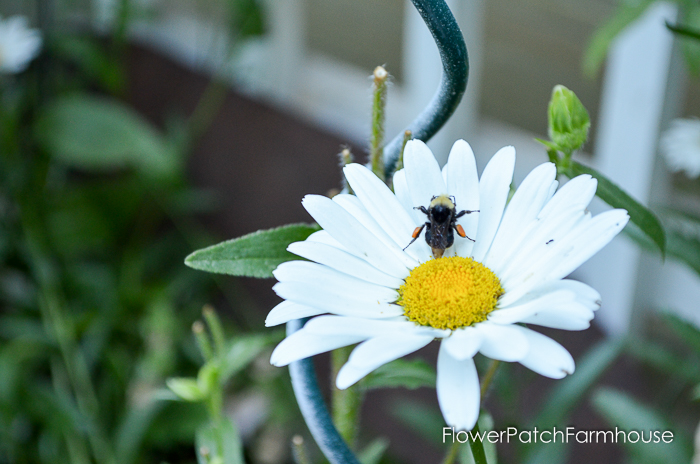

4. Potential Hazards to Nearby Plants
Vinegar does not discriminate between “good” plants and “good” plants, and careful use can lead to damage to nearby plants. Vinegar can damage any foliage it touches, putting you at risk of accidental burns to your valuable plants or ground covers.
Risks of applying:
- The non-selective nature of vinegar means it can harm nearby garden plants, reducing their strength.
- Vinegar residues may remain, which may prevent new plant growth.
5. Water Pollution and Runoff
If you tend to use large amounts of vinegar-based herbicides, they can end up in groundwater or run into nearby streams and rivers, especially during the rainy season.
Although it is a household ingredient, concentrated acetic acid can alter the pH in aquatic environments, affecting sensitive aquatic plants and animals. The problem of runoff is often overlooked but has lasting environmental consequences.
Natural Hazards of Explosives:
- Runoff can bring vinegar into local waters, disrupting aquatic ecosystems.
- Acidity can cause changes in pH levels in streams, affecting fish, plants, and small animals.
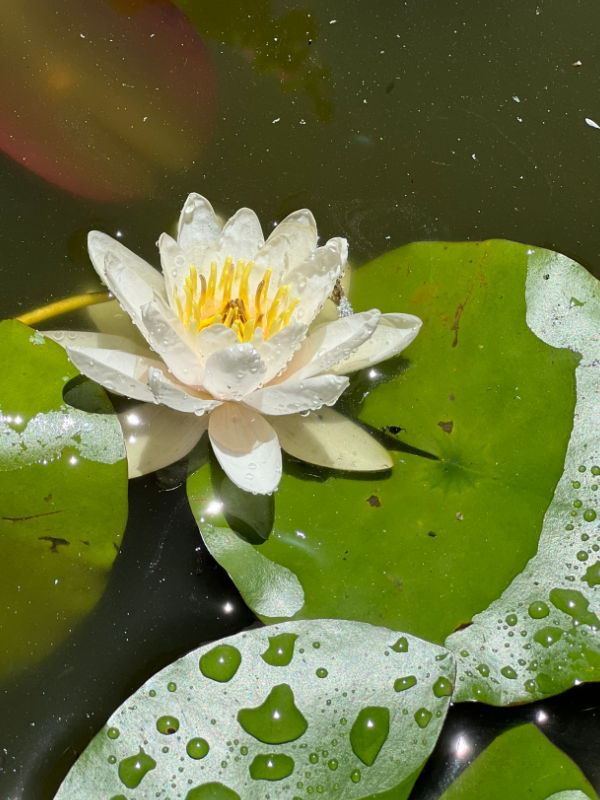

Adding Salt to Vinegar: A Dangerous Combination of Earth and Water
Some do-it-yourself recipes recommend adding salt to the vinegar for extra weed-killing power. Although this may seem like the most efficient solution, salt increases the harmful effects on the environment and your garden.
Adding salt makes the mixture more effective at killing weeds, but it also has lasting effects on soil health, plant health, and nearby water systems.
Long-Term Soil Damage
Salt does not just disappear from the soil. When added to soil, the salt builds up over time, resulting in soil that cannot support healthy plant life.
Too much salt can reduce the soil’s ability to retain moisture, harm any plants you want to grow in that area and make it difficult for beneficial soil organisms to grow.
How Salt Affects the Earth:
- Salinity disrupts soil structure and inhibits the ability of plants to absorb water.
- Once contaminated with salt, the soil often needs extensive washing and revitalization, which may not be possible in most gardens.
Potential Water Pollution
When it rains, the salt does not stay in one place. Salt can seep into groundwater or be taken up by local water runoff, affecting both freshwater and drinking water ecosystems. In streams and lakes, even small amounts of salinity can harm freshwater fish, amphibians, and salinity-sensitive plants.
Hazards of Waterways:
- Salt can change the chemistry of the surrounding water, affecting aquatic life.
- Accumulated salinity in groundwater can cause problems for communities that rely on well water.
Adverse Effects on Surrounding Plants
Like vinegar, the indiscriminate nature of salt means it can harm any nearby plants you come across, not just the target weeds. Unlike vinegar alone, which can burn a plant’s foliage but may be less persistent, the addition of salt can cause permanent damage to surrounding plants and prevent new growth for a long time. This can lead to large patches of bare, unproductive soil in the garden.
Plant Hazards:
- Salt can spread through the soil, damaging roots and deforming surrounding plants.
- Residual salt inhibits regrowth and negatively affects soil fertility in the long term.
Some will only use vinegar or a vinegar and salt solution between stepping stones or pavers but both will degrade the concrete.
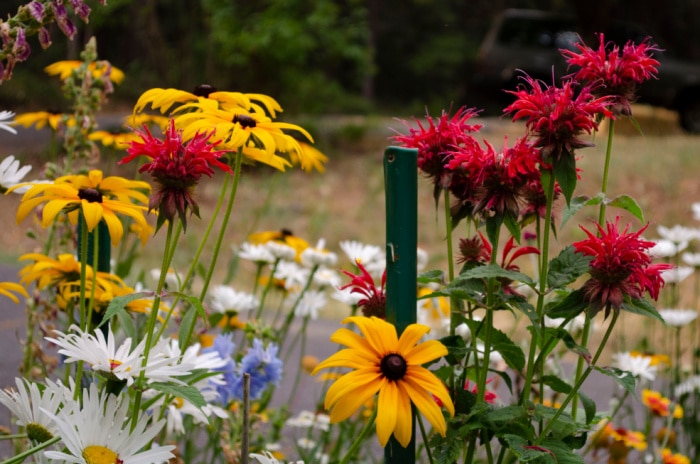

Other Ways to Use Vinegar Weed Killers
Instead of using homemade herbicides, consider sustainable and effective alternatives:
- Manual Removal: Pulling weeds by hand is a lot of work but it works well, especially for root removal.
- Covering with holes: Applying a layer of mulch blocks sunlight, prevents weed growth and improves soil health.
- Boiling Water: A pot of boiling water poured directly on a weed can kill it quickly, affecting the entire plant rather than just the top.
- Flame Weeding: Careful weeding is the most targeted method for patios and walkways (but be careful around plants and avoid this altogether if you live in a dry, fire-prone area).
- Temperature: So this one is a little out there but I have a friend who has a handheld steamer and he uses it to kill weeds between his pavers and it works wonders for him.
Want More on How to Grow Easily and Safely?
My Final Thoughts
Although DIY weed killers like vinegar seem like a “natural” option, they may do more harm than good to your garden, the environment, and the local ecosystem. Instead, rely on highly targeted, eco-friendly weed control methods to keep your garden thriving and protecting the environment.
You may have heard or read about these common garden myths
Garden Myths To Avoid And Why!
This article discusses using Horticultural Vinegar with some caveats. You will notice its information about its effectiveness but nowhere does it talk about the damage to the soil and the benefits to your garden.
Happy SAFE Gardening!
Feel Free To Share!
Source link



